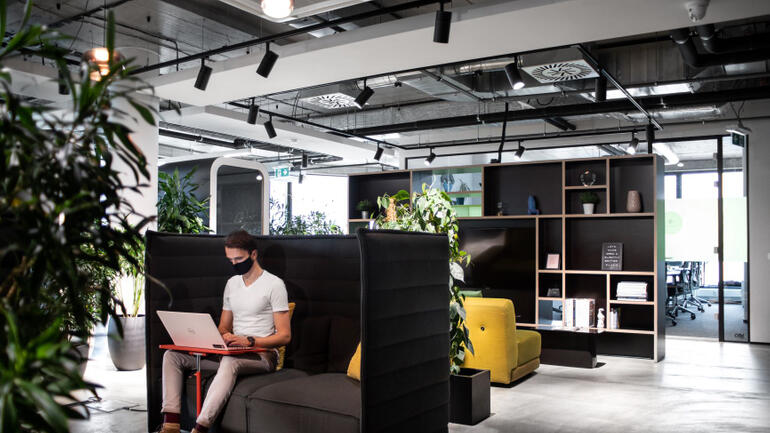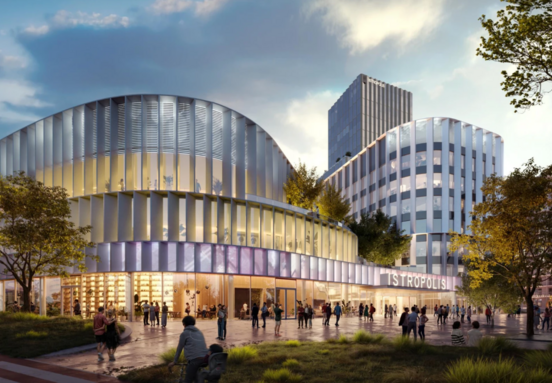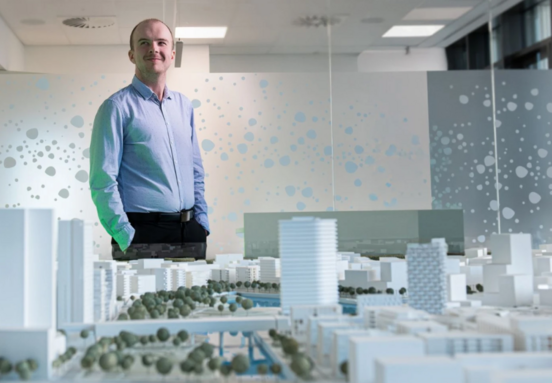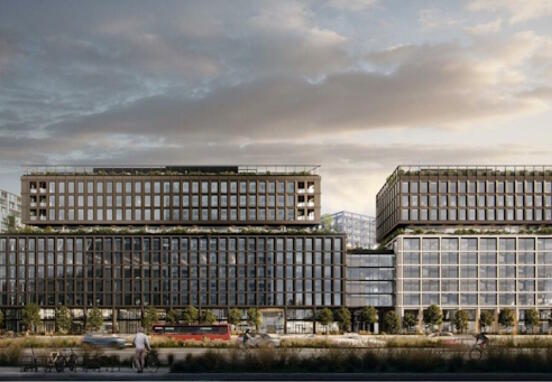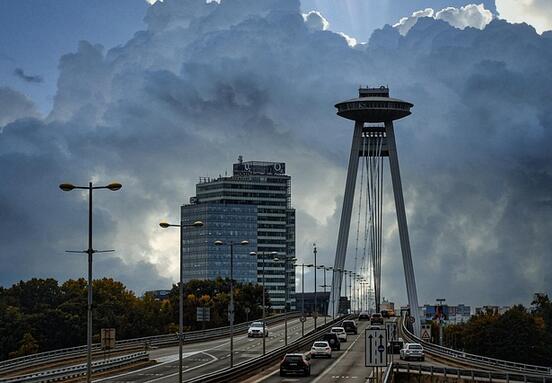A hybrid office that offers safe and flexible places to work is a novelty in our city. The project is backed by the Bratislava company Campus, the winner of the Office of the Year competition in the innovative office category.
Even company managers are aware that it is not appropriate or advantageous to let a large part of the team work from home in the long run. That's why Campus has come up with a range of hybrid offices that allow companies to take full advantage of space and services for all members of their team on a rotating basis. One hybrid office is on Staré Grunty Street, the other in the center on Staromestská Street.
Employees who need to organize regular team meetings, or it is important for them to work in direct contact with others, can use these Campus premises in the style and to the extent that they set up themselves. Employers, in turn, will save the monthly costs associated with the office space per employee, which currently in Bratislava is approximately 300 to 350 euros.
"We did a survey and had several personal interviews with representatives of various companies. It turned out that if companies had such an opportunity, they would prefer to reduce the leased area, or even to cancel it altogether. And not only in the current situation but also in the future. The reason why many companies stay in their premises even though they do not use them is mainly expensive exit terms and in some cases non-existent alternatives. However, by exchanging larger offices for smaller ones, companies do not lose items such as investment, energy and time that they have to invest in new premises. And that's what we can help with,” says Sandra Hemz of Campus Cowork.
Source: Campus
Many workplaces have emptied due to the pandemic.
The alternative of office space is adapted to the needs of companies with several employees up to larger companies with hundreds of people. This modern environment is also ideal for organizing conferences, business meetings or teambuilding. The coworking community currently consists of teams from smaller startups and innovators to larger companies using a hybrid model of offices.
"We have experience especially with progressive managers who realize that the current situation is not final and continuous work from home is only a temporary solution. It has been shown that companies will prefer employees to spend 30 to 50 percent of their working time outside traditional offices. The combination of time spent in a team and working from home therefore seems to be a suitable and long-term preferred model of operation in most companies. It is already clear today that the lack of physical contact with colleagues has a negative impact on corporate culture,” adds Hemzová.
Source: // Noviny.sk
